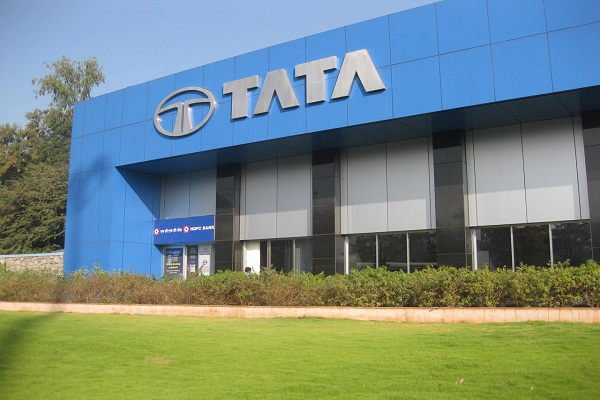Tata Motors has become the lowest bidder in a mega-tender for 5,450 electric buses proposed by Convergence Energy Services Ltd (CESL) under the revamped FAME II scheme, the government said on Tuesday. According to the official release, the bid price for the Grand Challenge is 15 per cent to 48 per cent lower than the city price, and even the operating cost of a diesel car is comparable or close.
This tender sets a benchmark for future public transport business models. In a release, the Ministry of Heavy Industry said that it allows state agencies to purchase mobility-as-a-service, paying operators a fixed price. The ministry said the tender included the most prominent electric bus – 5,450 buses in five major cities – indicating demand for electric buses. The participating cities are Kolkata, Delhi, Bangalore, Hyderabad, and Surat. On Tuesday, the ministry put out bids for the tender process under the revised FAME II electric bus scheme.
“The tender price was the lowest ever, and Tata Motors was the lowest-cost bidder among all five categories of electric buses in the tender,” the ministry said in a statement. In a press release, the Ministry of Electricity said the prices found were the lowest ever and, more importantly, comparable or very close to the operating costs of diesel buses. The 12m bus starts at Rs 43.49/km, and the 9m bus begins at Rs 39.21/km. It said this included the electricity bill to charge the bus.
The price achieved sets a benchmark for public transport, a price point that could even encourage EV adoption in smaller cities. At this rate, the Ministry of Heavy Industry says electric buses are becoming very affordable. This public-private partnership model has become a way for cities to introduce or expand electric bus services. It said this model has the potential to be a solution to meet the investment needs of the bus industry and increase bus services as travel demand continues to grow.
The Grand Challenge tender is the first in the industry to homogenize demand for electric buses, bringing this closer to the standardization of modern public transport. Bids over Rs 5,000 crore. The buses are expected to travel about 4.71 billion kilometres over 12 years, saving 1.88 billion litres of fossil fuels. This will result in 3.31 million tons of carbon dioxide equivalent emissions from the tailpipes, an essential step in mitigating climate change. Bids over Rs 5,000 crore.
The buses will benefit from central government subsidies under the improved FAME II scheme administered by the Ministry of Heavy Industry. Due to the very low prices found under the Grand Challenge, it saved about Rs 3.61 crore in state subsidies, which could be used to increase buses. The contract period is 12 years, guaranteeing 1 million kilometres per bus and a reliable payment security system.




